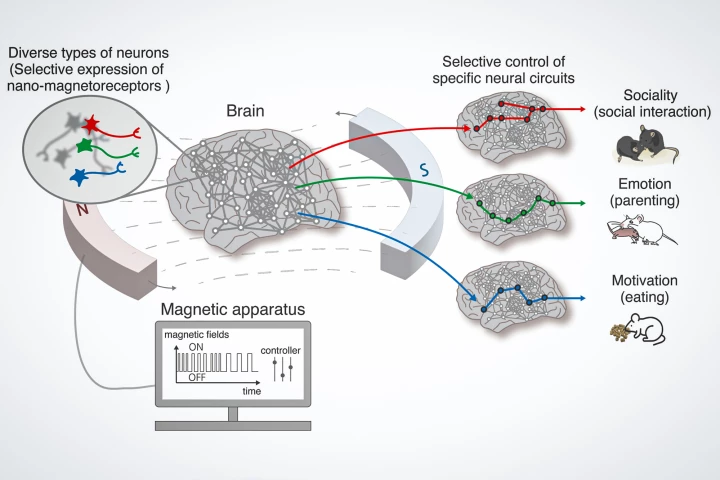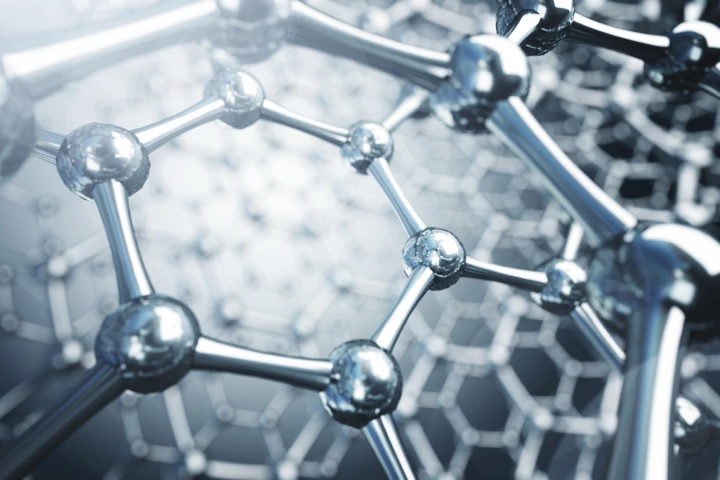Institute for Basic Science
-
Researchers have developed a remote, non-invasive method of selectively controlling neurons in the brain using magnetic fields. The technique opens the door to a greater understanding of brain function and, potentially, new treatments for disorders.
-
Researchers have discovered the mechanism by which a cluster of astrocytes, specialized brain cells, in the hypothalamus cause obesity in mice. Their findings could lead to a new obesity treatment that doesn't require a reduction in food intake.
-
Ideally, we protect the body from radiation damage before it reaches us with shielding materials. Researchers have now developed a new nanocrystal treatment that could prevent some of the tissue damage radiation causes.
-
Graphene is already known for being incredibly strong, so how can it be made even stronger? By turning it into sheets of diamond, of course. Researchers in South Korea have developed a new method to convert graphene into ultrathin diamond films.
-
Researchers from the US and South Korea have run climate simulations that include the “iceberg effect” and found that melting icebergs could play a significant role in slowing warming in the Southern Hemisphere.
-
Unlocking the secrets that sweat contains could come to offer all kinds of exciting ways to maintain our physical well-being. Researchers have developed a sweat-monitoring patch that records glucose in a subject and even releases diabetes drugs into the bloodstream to keep its levels in check.





